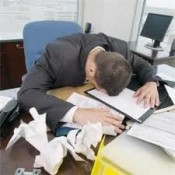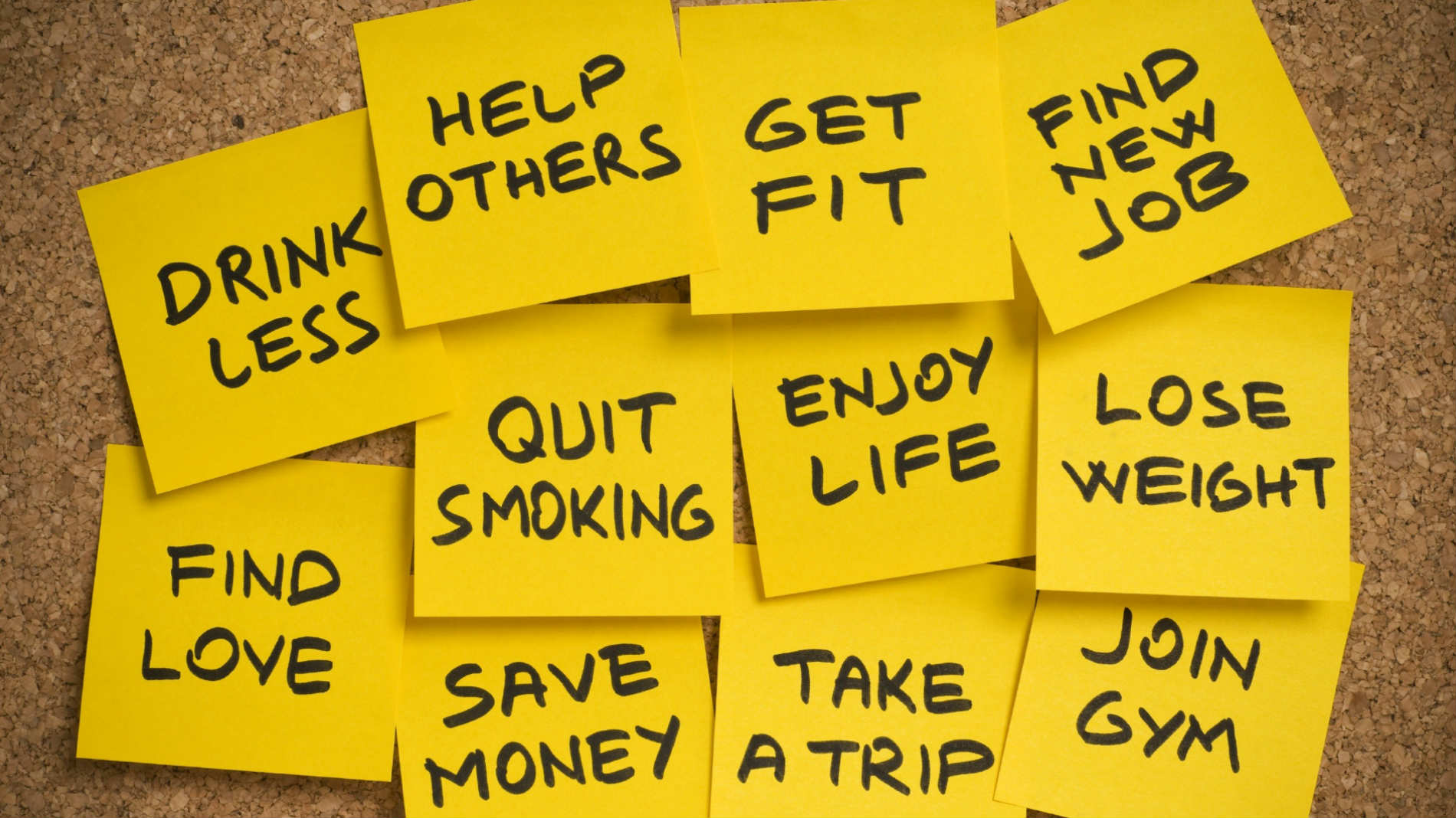
When I first saw the video below of Jason Russell, courtesy of TMZ.com, I began thinking about a lot of my patients who have come forward secondary to work place stress. This is a very interesting phenomena that must be discussed. The question here is , “Is my job potentially making me sick?” The answer is, “It certainly could be!” Job related stress has been confirmed by numerous studies and I am sure that many of my readers out there may be able to testify to this concept. Before checking out the video take a look at this post I did last week-“Am I Having a Nervous Breakdown?” This will be most informative and I think helpful for you.
Now that you have been educated a little, check out the “Kony” creator Jason Russell who actually had a Nervous Breakdown (Brief Reactive Psychosis) last week. When you first saw the video it was probably funny. However after most of us realized what was really going-on, we changed our perspective.
Before going directly to the video let me ask you a few personal questions;
- Are you currently experiencing work-related stress?
- Have you felt like, in the past, threatening your boss to meet you outside?
- Is it impossible to complete all of your daily given tasks in a day?
- Do you feel sick after your alarm clock goes off each morning?
- Do you have chronic headaches and diarrhea a lot after leaving work.
The NIOSH Reports sites the following statistics:
- 40% of workers reported their job was very or extremely stressful;
- 25% view their jobs as the number one stressor in their lives;
- Three fourths of employees believe that workers have more on-the-job stress than a generation ago;
- 29% of workers felt quite a bit or extremely stressed at work;
- 26 percent of workers said they were “often or very often burned out or stressed by their work”;
- Job stress is more strongly associated with health complaints than financial or family problems.
This report was very interesting to digest.
Now the 2000 Integra Survey similarly reported the following information:
- 65% of workers said that workplace stress had caused difficulties and more than 10% described these as having major effects;
- 10% said they work in an atmosphere where physical violence has occurred because of job stress and in this group, 42% report that yelling and other verbal abuse is common;
- 29% had yelled at co-workers because of job-related stress, 14% said they work where machineray or equipment has been damaged because of workplace rage and 2% admitted that they had actually struck someone;
- 19% or almost one in five respondents had quit a previous position because of job stress and nearly one in four have been driven to tears because of workplace stress;
- 62% routinely find that they end the day with work-related neck pain, 44% reported stressed-out eyes, 38% complained of hurting hands and 34% reported difficulty in sleeping because they were too stressed-out;
- 12% had called in sick because of job stress;
- Over half said they often spend 12-hour days on work related duties and an equal number frequently skip lunch because of the stress of job demands.
Work related stress can lead you down a slippery slope. You can start with the simple problem of insomnia and end-up depressed. You can start out with a little anxiety and end-up with a “brief reactive psychosis.” (video above) You can start off with a small bald spot and end-up wearing a wig. You can start off with sexual problems in your marriage and end-up in divorce.
Work-related stress can be very serious. A number of you are in trouble now and should seek-out help. If you are experiencing any of the symptoms listed anywhere in this post, take action.
This is the step-by-step approach I would recommend:
- Be sure first that your job is the source of your stress. (not your family or church)
- Talk with your supervisor about how you have been feeling.
- If no results, go to HR and ask for EAP assistance first. (EAP=Employee Assistance Program)
- If you still are not feeling better talk with your primary care physician.(PCP)
- Follow the directions of your PCP.
- If he/she recommends counseling-GO!(licensed LPC or LCSW)
- If he/she recommends seeing a Psychiatrist-GO!
- Activate your FMLA, for stress, with a Licensed Mental Health Professional.
- If you need extended time-Activate your short-term-disability.
- If you become psychotic or have a nervous breakdown-consider finding another job and or talk to HR about your options.
Whatever you do, don’t take work-related stress for granted. This can lead to suicide and even violence in the workplace.
If you need further help with this issue, feel free to set-up a phone consultation appointment for a nominal fee. Moreover, you may prefer a face-to-face Psychiatric Evaluation in Atlanta. Call my office and let the administrative support person now that you are calling specifically for work-related stress issues. (404-575-4785) Reference this post for a discount! You may need medication management, psychotherapy or anger-management treatment. This has to be the call of a physician.
If you are currently feeling like you want to hurt yourself or your boss go immediately to the Emergency Room.
Thanks for listening and take action against work-related stress,
Dr.O



